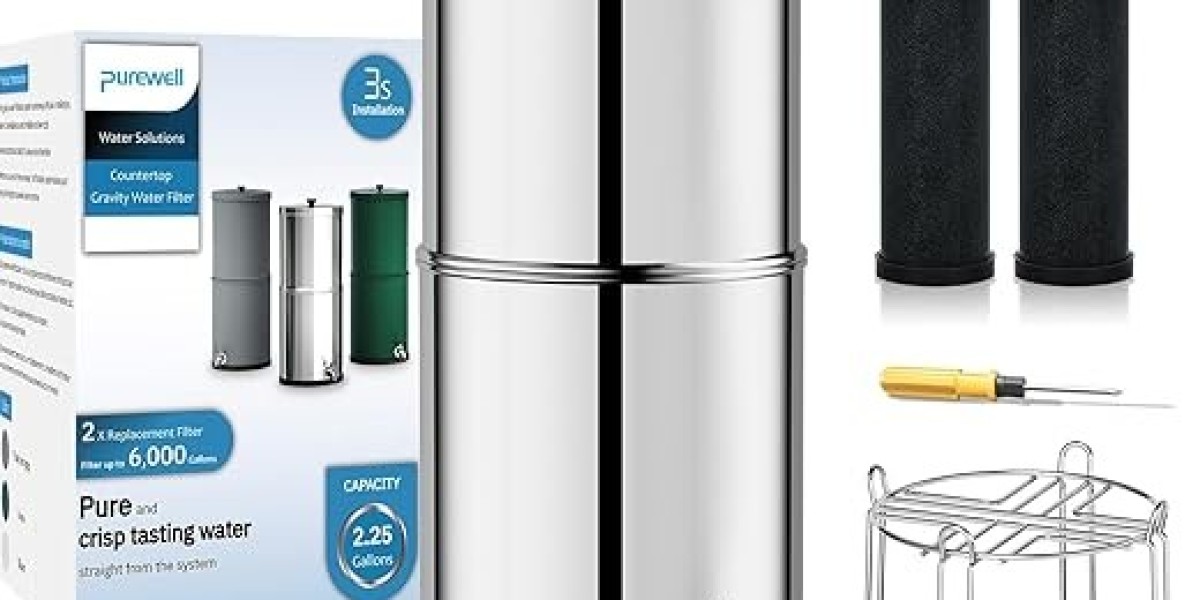
A Comprehensive Guide to Buying Licenses: What You Need to Know
In today's competitive landscape, the purchase of licenses is typically a necessary aspect of operating an effective organization. Whether you are aiming to Buy Licence software licenses for your business, a music license for your creative endeavors, or a business license to guarantee compliance with local laws, comprehending the subtleties of license procurement is important. This article will explore the types of licenses available, describe the actions to take when purchasing a license, and address frequently asked questions for clarity.
Comprehending Different Types of Licenses
There are several kinds of licenses available across numerous markets. Below is a classified introduction of the most typical licenses one might encounter:
1. Software application Licenses
Software accredits grant users authorization to run software applications under defined terms. These can be divided into numerous classifications:
- Proprietary Licenses: The user has restricted rights and should follow the terms set forth by the software maker.
- Open Source Licenses: These enable users to modify the software's source code, adhering to copyright laws.
- Freeware Licenses: Users can utilize the software application for free, however may face limitations on redistribution and modification.
2. Company Licenses
Company licenses are required by regional, state, and federal governments to legally operate a business. Typical licenses include:
- General Business License: A basic license needed to run within a city or county.
- Professional Licenses: Required for specific occupations, such as health care or financing.
- Sales Tax Permit: Necessary for companies participating in retail sales.
3. Creative Licenses
For artists, artists, and material developers, protective licenses make sure the best use of their work:
- Copyright Licenses: Control over how the work can be recreated, dispersed, and displayed.
- Music Licenses: Necessary for carrying out or using music in different settings, such as radio stations or public places.
4. Copyright Licenses
These are essential for protecting developments and ideas:
- Patent Licenses: Allow others to make or use an invention.
- Trademark Licenses: Permit others to use a brand name's identifiable symbols.
Actions to Buying a License
When planning to purchase a license, it's necessary to follow a structured method:
Step 1: Identify Your Needs
Before obtaining a license, assess the requirements of your market or profession. Concerns to think about include:
- What kind of license do you need?
- Are you certified with existing regulations?
- How will the license advantage your operations?
Step 2: Research Licensing Options
Conduct thorough research to determine possible suppliers or licensing authorities. Bear in mind of their reputation, pricing structures, and terms.
Think about the following throughout research:
- Read reviews and testimonials from other users.
- Compare rates across different licensing suppliers.
- Understand the small print in licensing arrangements.
Step 3: Evaluate Legal Requirements
Become knowledgeable about the legal elements of the license. Regulations might differ by place, so it's advisable to talk to a legal advisor or organization consultant.
Step 4: Budget for the License
Licenses can vary substantially in expense. Produce a spending plan that covers not just the purchase however likewise any ongoing costs related to the license. Think about if there will be a need for renewal.
Step 5: Make the Purchase
When you have chosen the appropriate license and settled the details, continue with the purchase. Keep a record of the transaction, including billings and agreements.
Action 6: Maintain Compliance
After obtaining the license, guarantee you stick to its terms to prevent legal ramifications. Schedule suggestions for renewal dates and keep your documentation organized.
Frequently Asked Questions (FAQs)
1. What is the distinction between a license and a license?
A license generally grants authorization to take part in particular activities, while a license typically permits the conclusion of a specific process, such as building and construction or ecological compliance.
2. The length of time does it require to obtain a license?
The timeline can vary significantly depending upon the type of license and local guidelines. Some licenses can be acquired on the exact same day, while others might require weeks or months for approval.
3. Can licenses be moved or offered?
In general, licenses are often non-transferable, particularly proprietary software licenses. Nevertheless, some states permit for the transfer of business licenses under particular conditions.
4. What takes place if I do not purchase the needed licenses?
Running without the needed licenses can cause severe penalties, consisting of fines, lawsuits, and even the closure of your business.
5. Are there any discount rates readily available for bulk license purchases?
Numerous software application suppliers offer discounts for acquiring several licenses at the same time. It's worth asking about readily available options during the getting process.
Getting the suitable licenses is important for both people and businesses in different markets. By understanding the different types of licenses readily available, researching efficiently, and following a structured acquiring procedure, one can avoid pitfalls and make sure smooth operations. In a world where compliance is vital, taking proactive actions to secure the required licenses is a financial investment in the future stability and integrity of any endeavor.








